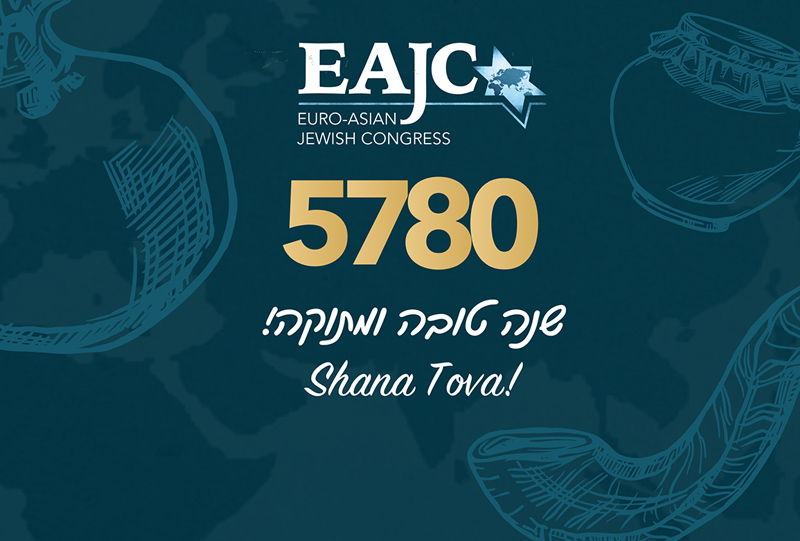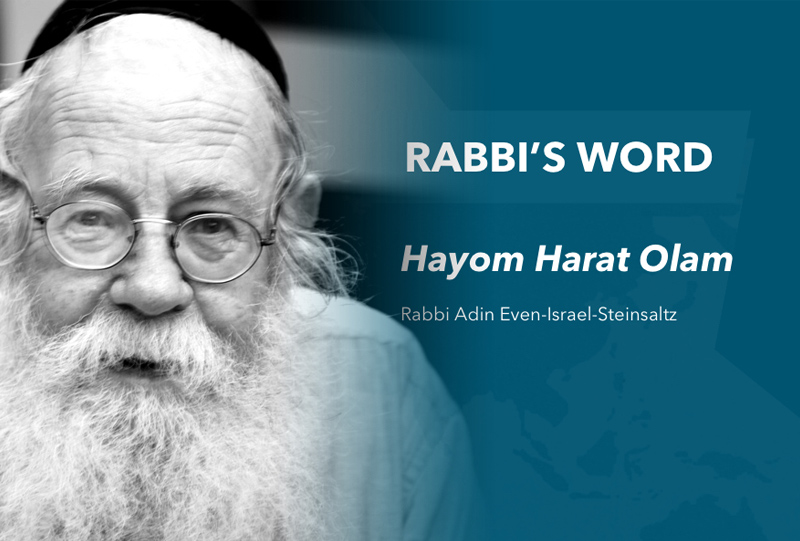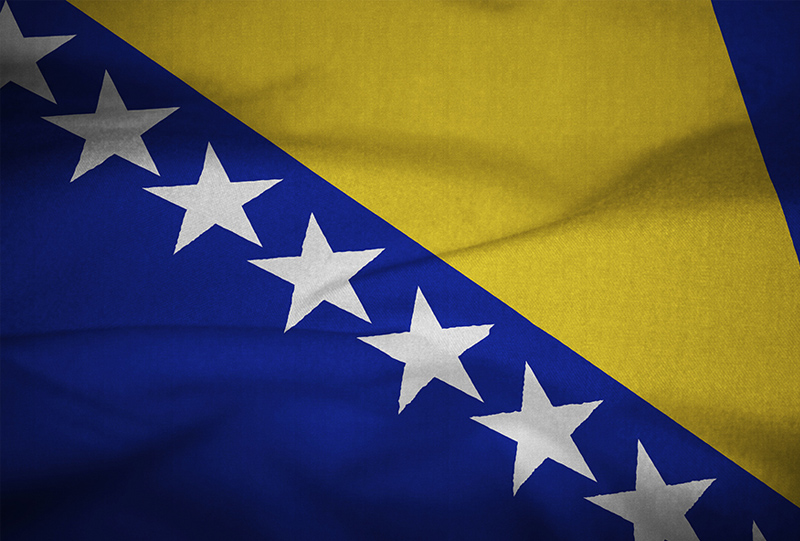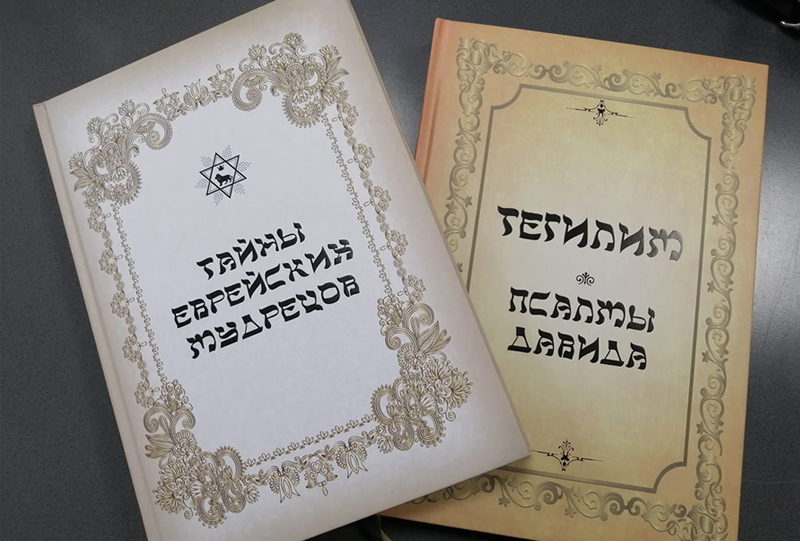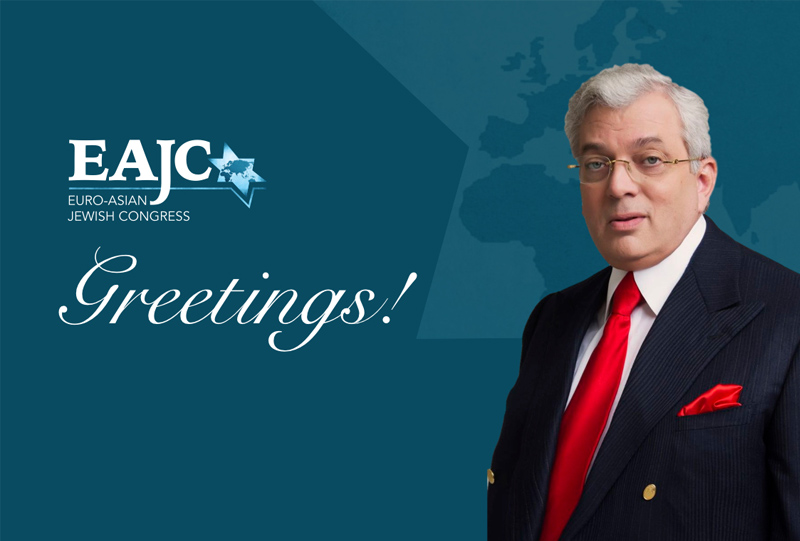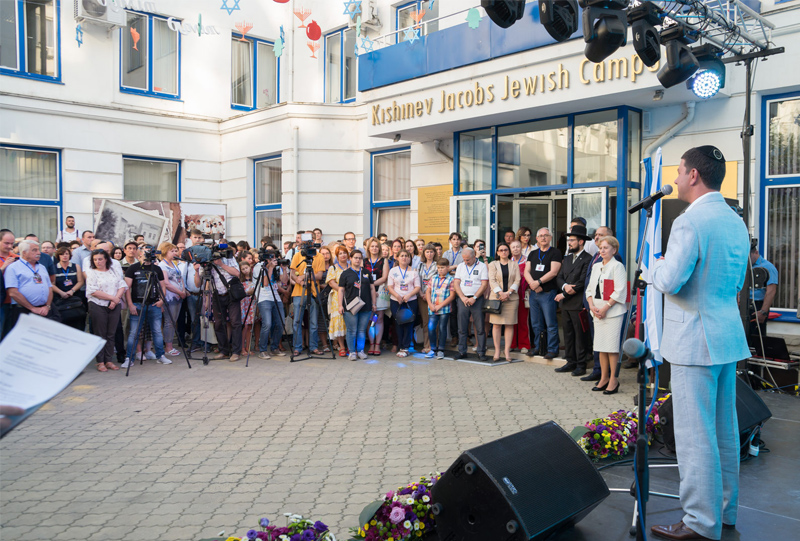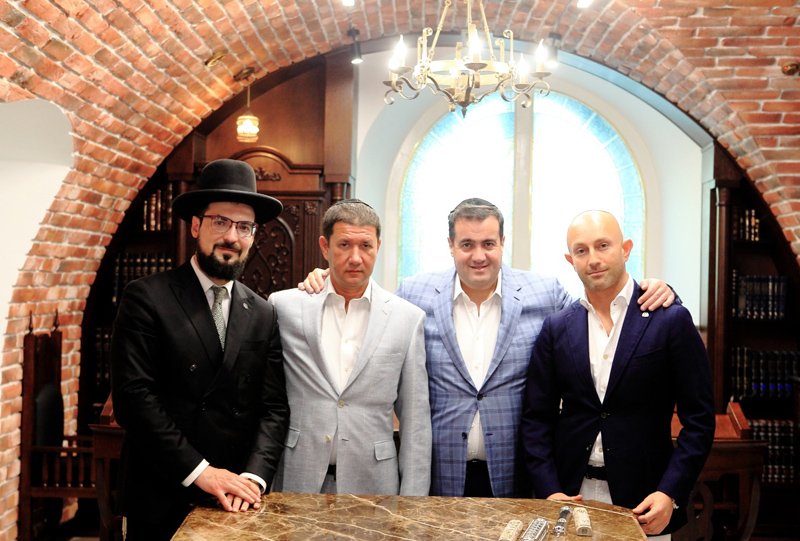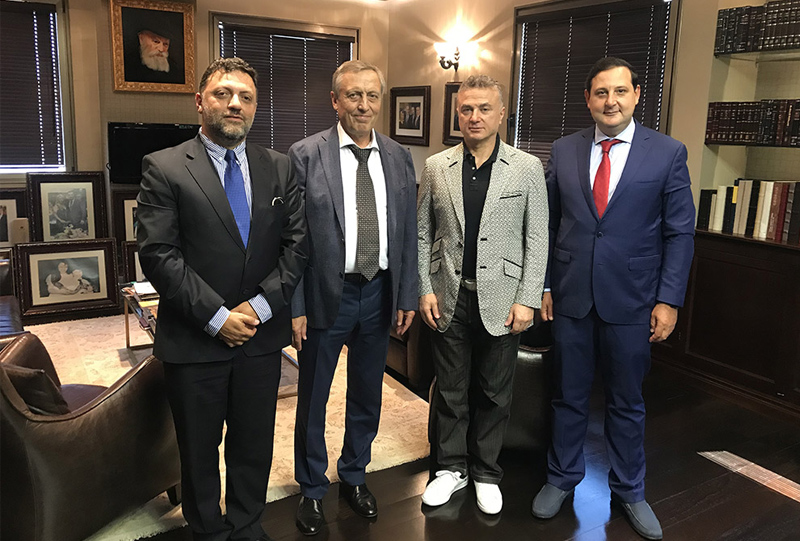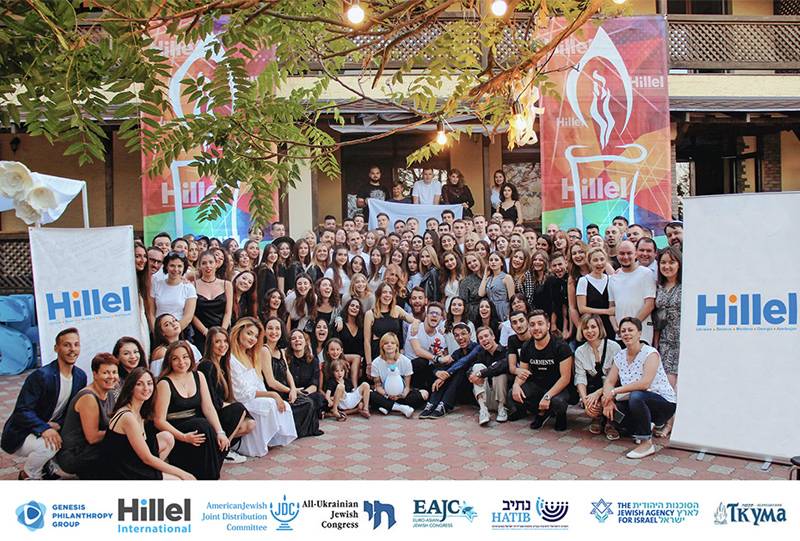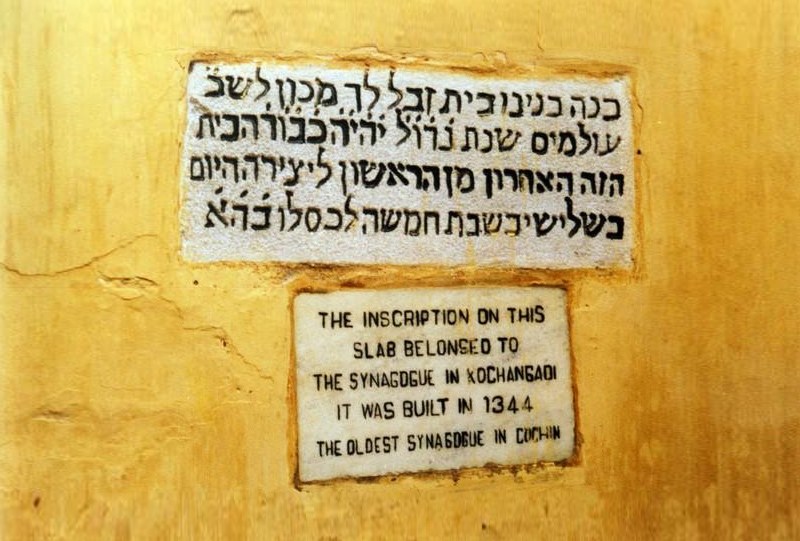In the Rosh HaShanah prayers there is one sentence that speaks about the central theme of the day: hayom harat olam, which may be roughly translated as “today is the world’s pregnancy,” in the sense of “inception.” In Modern Hebrew, the word olammeans “world,” but in Biblical Hebrew it refers not to space, the universe or the galaxy, but rather to time. The meaning of the expression hayom harat olam, then, is that it is the time of the ‘birth,’ the creation of time. At the beginning of each year the Almighty not only adds another unit of time: rather, a new creation takes place, new time is born. A new year, then, is not just a certain number of days and hours: it is a totally new entity which is created on Rosh HaShana.
But what does all this new-year-new-entity business have to do with us? What are we supposed to do on Rosh HaShanah, the day in which the new year is being created?
Nowadays we know much more about the stars and the galaxies than what was known in Maimonides’ time; still, on the basis of the astronomy of his day Maimonides wrote that when one looks up at the sky and sees the stars, it makes one feel as a “tiny, base, murky being.” So too on Rosh HaShana: the creation of new time, the birth of a new year, is something so much greater than us that it can create in us a similar feeling of insignificance. This is why on Rosh HaShanah we huddle together in the synagogue, like children who, when scared, hold each other’s hand. This is not true succor, but at least it helps them accept the fear. We too are afraid, and therefore we stand together and hold hands, so to speak. It does not really help us, but it does make us feel better.
There is another point about this day. As said, on Rosh Hashanah we say hayom harat olam— this is the day of pregnancy, the day on which the world was created. But all of the Biblical commentators agree that the world itself — heaven and earth and all that is in them — was not created on Rosh HaShanah; rather, Rosh HaShana is the day on which man was created. By saying, “this day is the beginning of Your acts, a remembrance of the first day”,(Rosh Hashanah, 27a) we are actually saying that “the beginning of Your acts” is the creation of Man, that Man is the center of Creation.
Man is made up of two components: a lower one and a higher one. The Almighty took a soul of an angel and put it in the body of a chimpanzee. The Bible tells us that prior to creating Man, God said: “Let us create man.” Some commentators say that before the creation of man God consulted with the angels. Angels are the utmost intellectuals, with an angelic IQ many times higher than that of the greatest of human geniuses. So God asked the angels: What say you about this experiment called Man? And they replied: No way, this experiment cannot possibly succeed; it’s an impossible concoction, a creature like that is one big conflict.
Others interpret the words “Let us make man…”(Genesis 1:26) differently: God turned to each and every creature in the world and said: “let us make man,” all of us, together. And indeed, man is made up of all the parts of reality; every creature put into man something of itself: the fox — some foxiness; the lion — lionhood; the worm — worminess; there is also a part of the poisonous snake in man. We can see all these components in all the human beings that inhabit our world. And finally the Almighty said: Now I want also to put a part of Myself in man. This is the meaning of the verse (Psalms 8:6):”Yet You have made him [man] slightly less than the angels…” Man is not God-like, but is as similar as possible to God. The Almighty endowed man with the ability to be like Him; and indeed, just as God can create and destroy worlds, so too human beings can create worlds and destroy them.
As said above, harat olammeans a state of pregnancy; and as we all know, at the end of a pregnancy a baby is born. Usually the newborn is good and fine looking; but sometimes a monster is born. So too we can say about certain years that they were good ones; but there have also been some awful years, years that were monstrous from the very start, and in every possible way.
When a new year is being created on Rosh HaShana we do not know what kind of a year it will be; but we can influence and change that. Thanks to, and in virtue of, that Godly part that the Almighty implanted within us we have the ability to create and to build, or to destroy, an entire world, both in theory and in practice. We therefore ought to do whatever we can to make the world a better place, so that by the end of 5780th year it will be possible to say that we have indeed made some progress.
Each one of us has been given a plot of land, a share of reality, to cultivate, some smaller and others bigger. We do not have to wait to the end of the year in order for God to say: “this year, the crops were especially good”; if we work well, we may attain this even before the end of the year. And in the two days of Rosh HaShana, let us make the new year a little brighter and more beautiful.
With best wishes for a good and sweet year in spirit and matter,
Adin Even-Israel Steinsaltz
